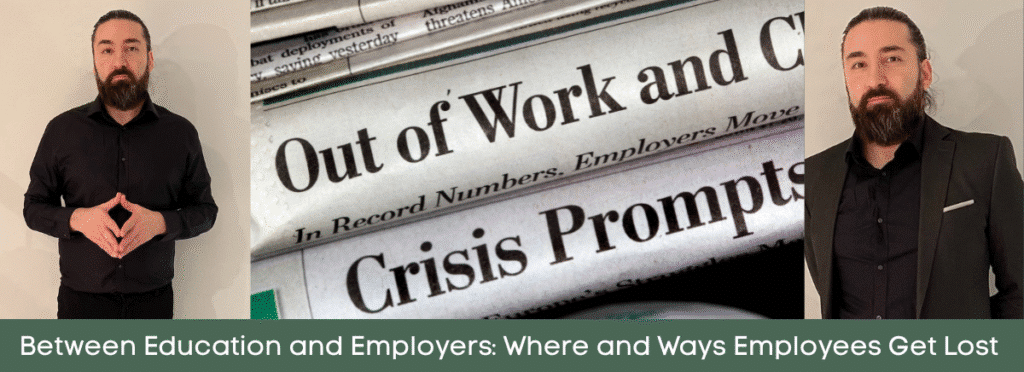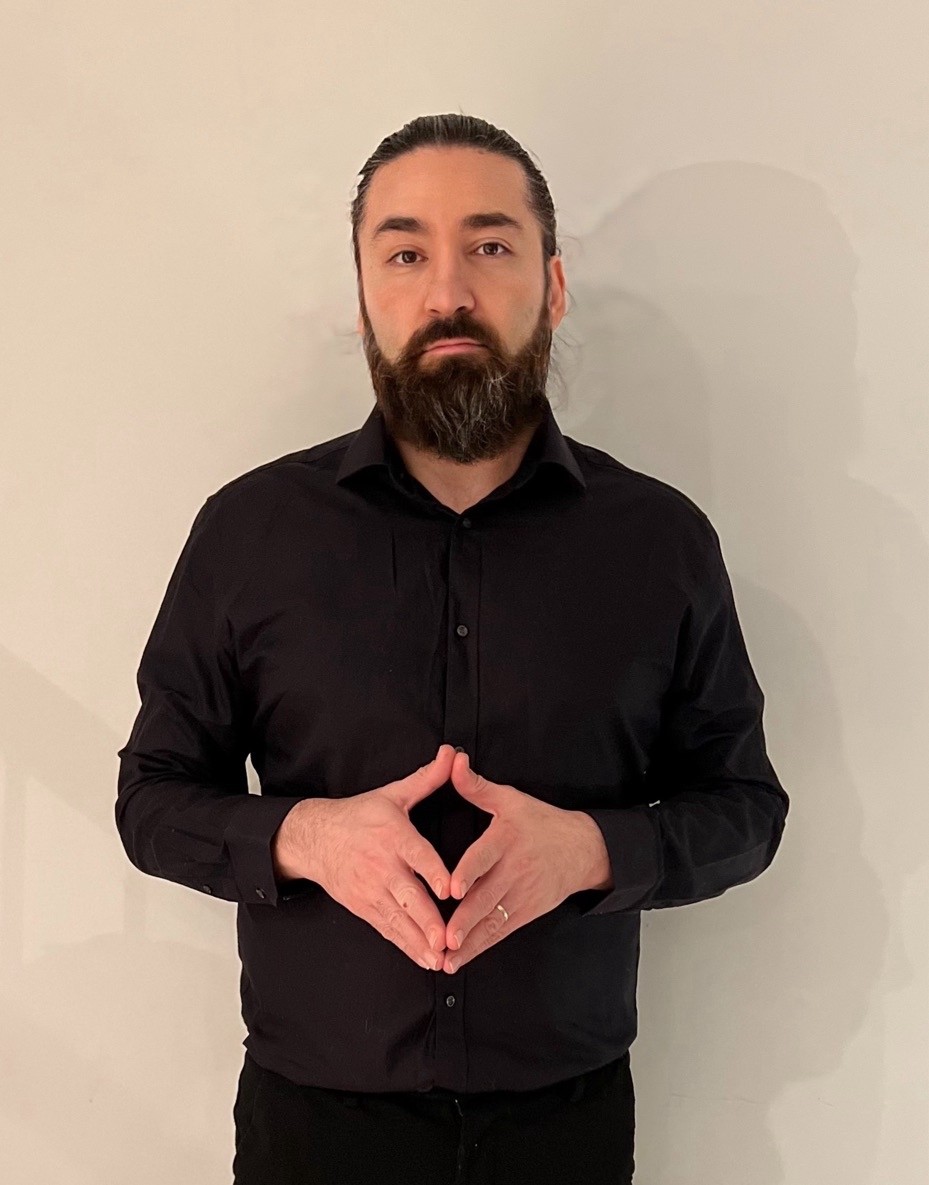Between Education and Employers: Where and Ways Employees Get Lost

Roberto Aghaei works for BD and is the Field Service Engineer Team Lead for IDS (Integrated Diagnostic Solutions) Nordic. He is based in the Oslo area of Norway. Roberto has been a member of The Field Engineer Community since 2023 and has appeared in the blog regularly.
In this article he discusses recruitment, education and the reality of the job market in 2025 for young people.

We Need to Talk About Recruitment, Education and Reality Now
Introduction
I’m writing this because I’m tired of seeing young people stuck between school, job ads (advertisements) and real life. I’m also tired of employers asking for “entry-level” candidates with 3–5 years of experience. This is not a motivational post — this is a wake-up call.
Let me start with this:
Why does an entry-level job require 3–5 years of experience?
Honestly — why?
What is so advanced that a motivated person with a basic foundation can’t learn it in weeks or months if they are properly trained and guided?
We are entering the era of AI, where machines can write code, analyse data and automate entire workflows — but a fresh graduate still isn’t “qualified” to troubleshoot a machine or handle basic logistics? It makes no sense.
To the Education System
We keep telling young people: “study hard, get good grades, finish a degree — and you’ll get a job.” But that is not the truth anymore, and we all know it.
I want to be very clear:
I’m not anti-education. I’m anti-education-without-reality.
Because education is not supposed to just hand you a paper. It should fill a real-life vacuum. It should meet a real demand in the market. It should create value for the people and companies who will one day pay money to hire you.
If a study program doesn’t prepare you to deal with customers, time pressure, responsibility, problem-solving and actual work — then it’s not education, it’s just an expensive certificate.
Look at many technical or medical technology programs. Students learn physics, anatomy, theory, lab reports, endless exams. But when they start working, what do they actually need?
• Logistics and planning
• Prioritising when everything collapses at the same time
• Hands-on
• Communicating with customers and colleagues
• Sales awareness and business understanding
• Loyalty, consistency and responsibility
• Navigating problems when nothing goes according to plan
None of these things are seriously taught — yet this is what the job really is.
To Young People Choosing Their Future
Please don’t choose a degree blindly because it sounds impressive or because someone told you “There are many jobs in this field.”
Do your own research.
• Talk to people already working in that job
• Ask managers what they actually look for when hiring
• Read market trends and understand where technology and business are going
• Attend industry events, reach out to professionals, ask uncomfortable questions
• Learn what skills create value — not just what looks good on a diploma
Because purely theoretical knowledge without practical value often leads straight to unemployment… and debt.
To Employers and HR
Let’s be honest — many job descriptions are completely unrealistic.
Stop looking for “perfect” candidates who don’t exist. Stop listing every tool, every system, every certificate as a must-have. You don’t need an engineer, a psychologist, a salesperson and a superhero all in one person.
Focus on what actually matters:
✔ A basic, acceptable technical foundation
✔ Willingness and ability to learn
✔ Behaviour and attitude
✔ Responsibility and accountability
Everything else can be taught.
And yes — I’m willing to put myself in the fire line for this statement:
Give me someone with basic technical understanding, the right attitude and responsibility — and I can make them work-ready in one month with proper guidance, coaching and real tasks.
Technical Education vs. Technical Reality (this goes for any other branch of education as well)
Here’s the gap we don’t talk about enough:
| What Schools Teach | What Real Work Demands |
| Physics, chemistry, anatomy | Logistics, planning, multitasking |
| Lab reports, theories, group projects | Customer contact and service mindset |
| Passing exams and writing summaries | Sales thinking, business understanding |
| No real accountability | Responsibility, problem-solving, reliability |
There is nothing wrong with theory. But theory alone doesn’t make you employable.
What Needs to Change
Universities
Bring industry into education. Let students solve real problems, not only pass exams. Make mentorship, accountability and practical experience part of the curriculum.
Employers
Lower unnecessary requirements. Hire for potential, train for skill. Give people a chance to grow — not just a list of reasons to be rejected.
Students and young professionals
Own your future. Don’t let your degree be the only thing you rely on. Go out, ask questions, understand reality, then prepare for it.
Final Words and Conclusion
We don’t have a talent shortage — we have a training shortage.
We don’t lack intelligent young people — we lack realistic expectations, mentorship and trust.
This post is provocative on purpose. Because it needs to be.
If you agree — let’s talk. If you disagree — even better, let’s discuss it.
About the author
You can read more about Roberto Aghaei here:
Being a Humble Leader of Field Service Engineers
One man’s tribute to the challenges of Medical Field Engineers





Responses